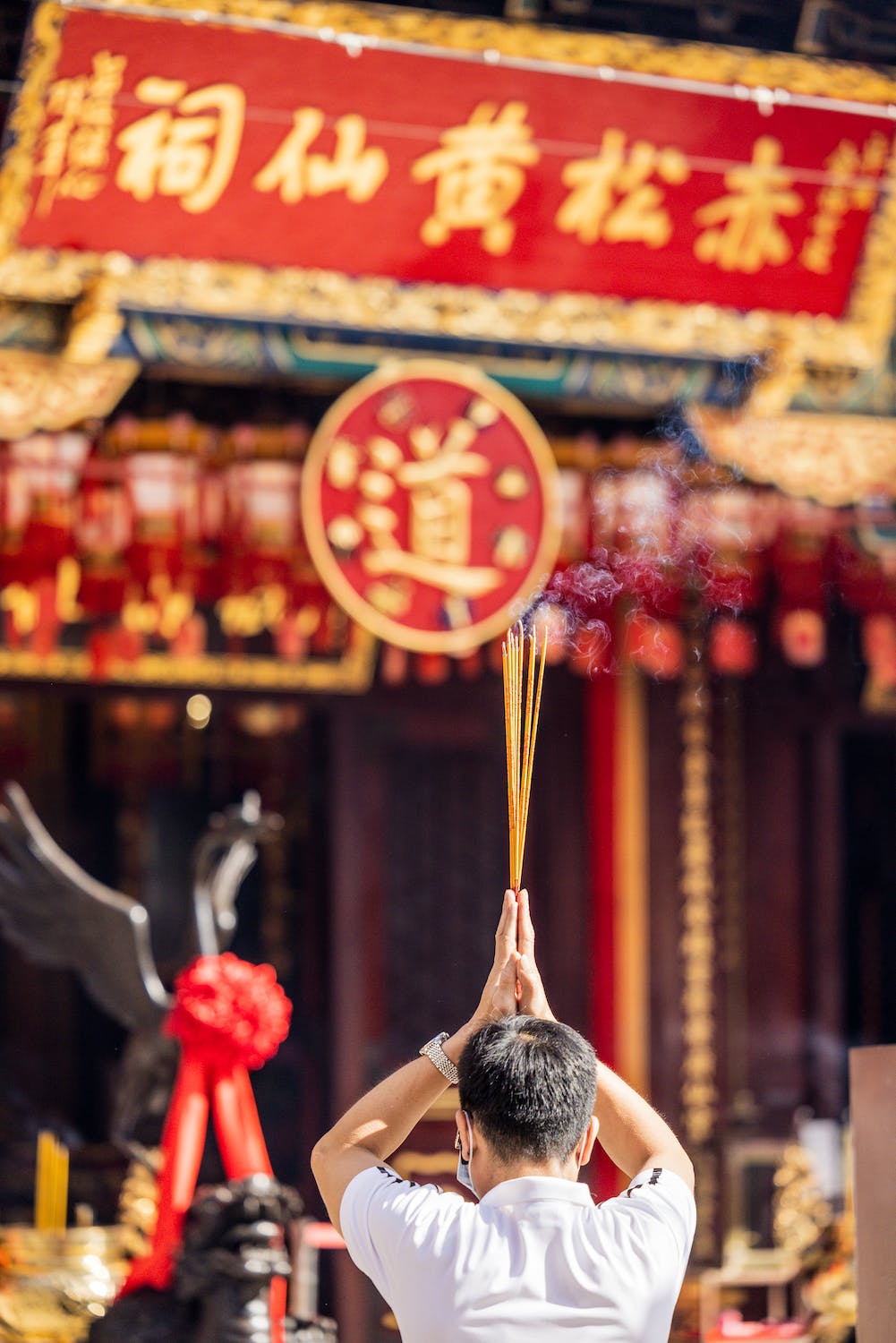Beijing: a patriotism law to promote communist ideology
According to official media reports, the new model focuses on the ideology and dictates of the party. The rule also embraces overseas Chinese, Hong Kong and the inhabitants of "rebellious" Taiwan. It also includes specific clauses for religious figures and worshippers and Internet service providers.
Beijing (AsiaNews) - Beijing has started the legislative process to promote patriotism among all citizens, including those in Hong Kong, Taiwan and overseas Chinese.
The highest legislative body in the dragon country, the Standing Committee of the National People's Congress, has been considering the draft of the so-called patriotic education law since yesterday. And there is no doubt that Congress will pass the law at the conclusion of the three-day session scheduled for this week.
Official Chinese media have been hinting at the guidelines of the draft law, revealing its contents in a cursory manner. According to reports, the normative reference is the "thought of Xi Jinping," and the law will insist on the principle of "unification of love for the country, love for the Party, and love for socialism."
The draft law prioritizes the ideology of the Communist Party and emphasizes the use of the Party's own heritage for patriotically oriented education. To this end, schools must integrate patriotic education, that is, the Party's ideology and political theories, into all stages of the educational process.
The bill establishes specific rituals such as flag raising and singing the national anthem, precisely to promote the patriotic spirit. The weekly ceremony of raising the national standard has become a common practice in Hong Kong schools since the National Security Law came into effect.
In addition to patriotic education for youth and students, the provision also includes specific articles for Hong Kong and Taiwan citizens and overseas Chinese citizens, although Taipei is not under Beijing's rule.
Some analysts believe China is laying the legal groundwork for a subsequent -- and more than potential -- war to be launched against the "rebellious" island. A specific section in the new law is also reserved for religious leaders and worshippers. Official media say the goal is to maintain the unity of the nation and cohesion among the various ethnic groups.
According to the draft law, Internet service providers must disseminate information that reinforces the patriotic spirit and develop new platforms, new technologies and new products for online patriotic education.
In the recent past, China has experienced a series of protests in various parts of the country, including areas under tight control such as Xinjiang and Tibet, against the "zero Covid" policy imposed by the leadership to contain the pandemic.
Some protesters and students have openly challenged Supreme Leader Xi Jinping and the authority of the Communist Party, which is rare after the crackdown on the democracy movement in 1989.
Discontent simmers over a sluggish economy and an unprecedentedly high youth unemployment rate. It seemed that Beijing could not find an acceptable solution in the face of a very complex situation; however, Xi Jinping himself launched a campaign in April requiring Party members to study and implement his thinking and dictates.
05/07/2005







.png)










